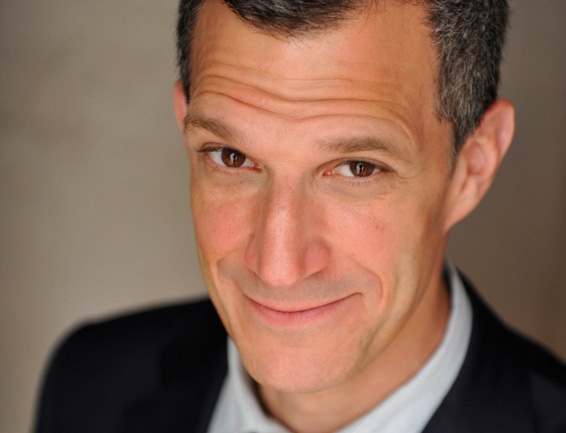How Dutch meetings are different part 3: the catering
 Cheese, mustard, coffee and cake: Greg Shapiro warns European diplomats not to expect too much when it comes to the catering during the Dutch presidency of the EU.
Cheese, mustard, coffee and cake: Greg Shapiro warns European diplomats not to expect too much when it comes to the catering during the Dutch presidency of the EU.
If you haven’t already seen the billboards and banners, the Netherlands is playing host to the EU Presidency for the first half of 2016.
You may NOT have seen the billboards and banners, and that’s because the Dutch government has announced it’s best not to be seen spending too much money on the whole affair. Witness the logo recycled from the last time they hosted in 2004. And when it comes to showing off Dutch cuisine, let’s hope we do better than more reheated leftovers like the logo.
On the international stage, cuisine can play a pivotal role. Compare the climate summits in 2009 and 2015. In Copenhagen 2009, the Danish environmental minister had a simple strategy: lock the delegates in a room and don’t let them out until they reach a deal. There was no deal.
By contrast, in 2015 the French stopped the whole summit to make sure everyone had enough to eat and drink. Even as the final negotiations were nearing completion, the French hosts called a break for a full lunch, coffee, croissants and chocolate. The resulting climate agreement was the most successful ever. Voila.
Coffee and cake
Just a few weeks later, the Dutch welcomed EU officials to a ceremony in Amsterdam featuring what looked like filter coffee and mini-muffins. There was also an evening ceremony, reportedly with cheese blocks and mustard. And hopefully they also served the classic mini-croquettes, which the Dutch insist on calling ‘bitter balls.’
The term ‘bitter’ refers not to the flavour, but to the way foreign dignitaries feel when presented with deep fried gravy. The warm exterior will mask the scalding-hot inside, so that you can hardly take a bite without burning your tongue within the first 30 seconds. After that, the Dutch hosts can serve any number of follow-ups from liverwurst to pickled onions and describe them as delicious. The guests just have to take their word for it.
Lunch
Then, of course, there’s Dutch lunch, which is a lot like Brussels lunch – except there’s no warm food, there’s no alcohol, and there’s no dessert. Many an international business deal has gone wrong because of those Dutch Calvinistic roots, reminding us not to take any joy in anything. And now that EU delegates are here demanding more budget for the refugee crisis, thank goodness there’s Dutch catering – which is the equivalent of turning out one’s pockets to show they’re empty.
Let’s hope the 2016 Dutch EU Presidency will still be a success, with lots of international agreements and accords. And to that end, let’s all raise a tall glass of buttermilk.
For more insights on how Dutch Summits are different, watch Greg Shapiro’s United States of Europe. Greg Shapiro is the author of ‘How to Be Orange’ and the upcoming ‘How to Be Dutch: the Quiz.’
Thank you for donating to DutchNews.nl.
We could not provide the Dutch News service, and keep it free of charge, without the generous support of our readers. Your donations allow us to report on issues you tell us matter, and provide you with a summary of the most important Dutch news each day.
Make a donation